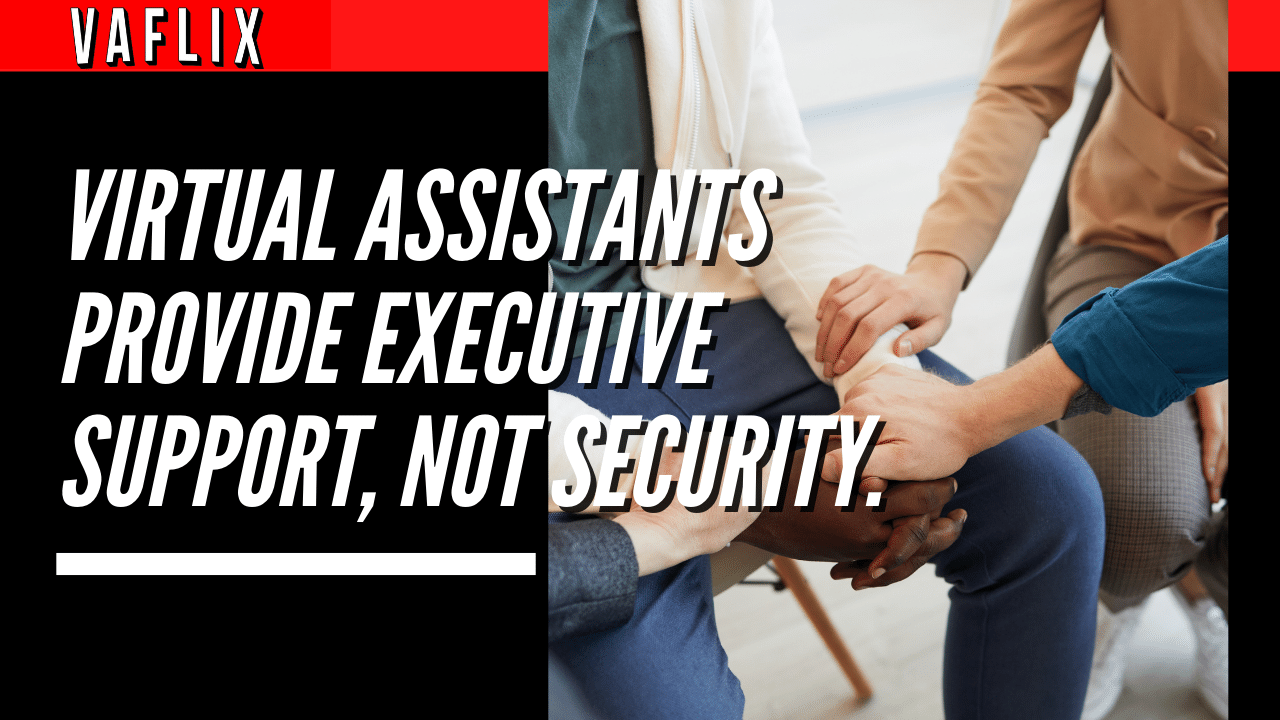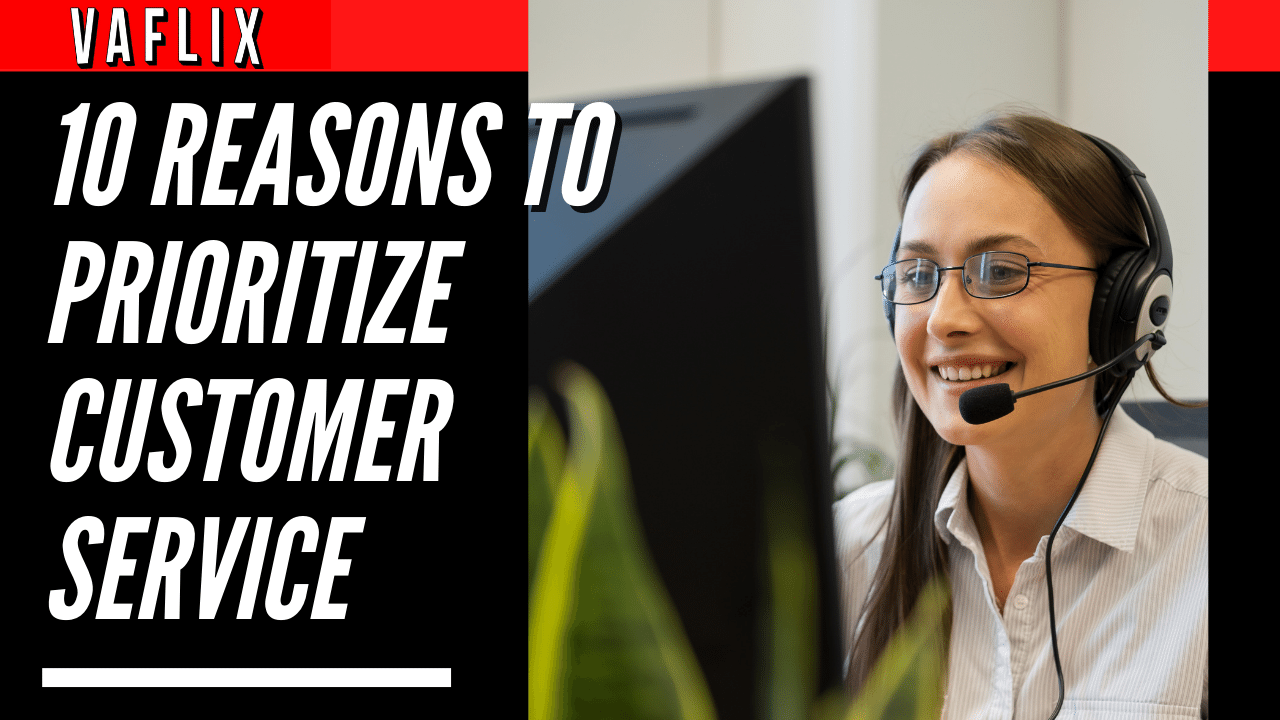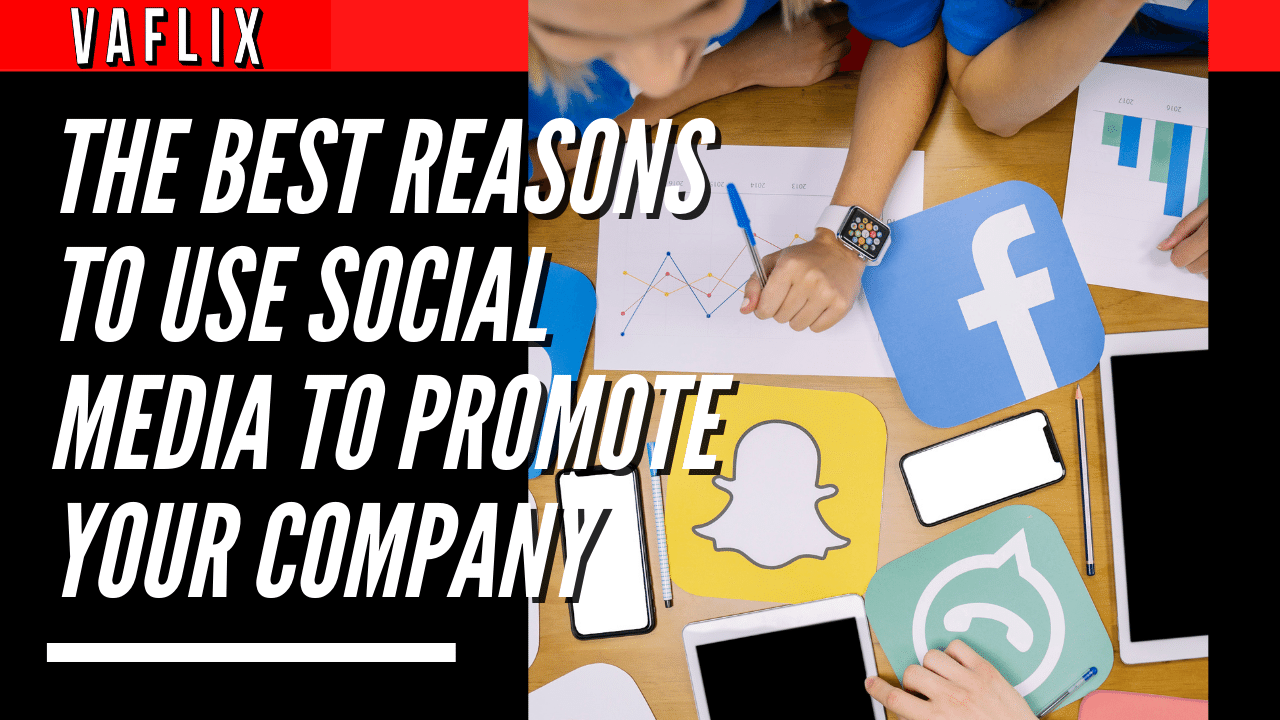Virtual Assistants Provide Executive Support, Not Security.
Thinking of Hiring a Virtual Assistant?
The average cost to a corporation of a data breach is $9.5 million, and remote security breaches add an additional $1.07 million to that total. Executive assistants are appealing targets for cybercriminals because they often have access to sensitive information. The time it takes to discover a remote device adds to the expense of a security breach caused by a remote device.
Executives’ assistants are major targets.
It is significantly more probable that the executive assistant to the CEO will be a highly assaulted person than the CEO himself.
The outsourcing of executive administrative assistance is becoming an increasingly common practice. The market for virtual executive assistants is expanding at a rate of forty percent per year. The increase comes as a result of leaders in operations and human resources seeing that CEOs spend more than half of their time on administrative activities, which drags down productivity and work satisfaction. They may delegate the labor to someone in another country who works part-time for a lower wage.
On the other hand, security is one of your most critical worries, or it ought to be.
Freelance and Contract Remote Executive Assistants
There are several different ways to recruit remote or virtual executive assistants, the most prevalent of which include employing freelancers located abroad and independent contractors via employment agencies.
On the other hand, freelancers and independent contractors often operate on their own computers and network at home. Is it risky to provide a freelancing executive assistant with access to the files, tools, and platforms of your company? What about things like financial information, sales figures, customer lists, and credit card details?
Security Requirements for Remote Executive Assistants
There are three levels of security to consider when hiring remote executive assistants:
- Information security.
- Physical security.
- Human security.
IT Security for Remote Executive Assistants
In today’s information-driven market, information is a company’s most valuable asset. It is foolish to put your company’s information technology in the hands of a virtual assistant. Concerning the information technology safety of a virtual assistant, you should inquire about the following:
- Concerning network safety: Can we trust that the VA’s home network is safe? Does the Veterans Administration use the free public Wi-Fi at local coffee shops? You should restrict access to public wireless networks that are not secure.
- Security of the device: Does the computer that the virtual assistant uses have the most recent protection against viruses and malware? If not, you really need to invest in some virus protection software. Do you let remote assistants access your network using their personal phones in any way? That is not the case.
- Management of passwords: Do you provide your virtual assistants with passwords to access your various platforms and networks? You should never give out plaintext passwords; rather, you should use a password management system that encrypts them before sending them out. This way, the recipient won’t be able to see the password, and you’ll have complete control over who has access.
- As a preventative measure against fraud, you need to educate your assistant to recognize phishing, malware, and ransomware threats.
Physical Security for Remote Executive Assistants
The positioning of virtual assistants and the gadgets they use is relevant to the topic of physical security. As compared to workers who work in secure buildings on secure networks, the majority of offshore virtual assistants operating as freelancers or independent contractors utilize personal computers and operate from home offices or use public wi-fi networks.
- Theft of equipment: When a virtual assistant works from home or in public places, it increases the risk that someone may take their laptop. Every 53 seconds, a laptop is stolen, and of the 86 percent of IT professionals who claim that someone in their firm has had a laptop lost or stolen, 56 percent of those instances resulted in a data breach. A competent virtual assistant should have the ability to remotely lock down a computer in the event that it is misplaced or stolen.
- Public wi-fi: Free wireless internet, such as that offered in coffee shops, hotels, libraries, and airports, may make it simple for cybercriminals to access devices that are linked to the internet. According to information technology security company Kaspersky, the ability of a hacker to place themselves between you and the connection point poses the greatest risk to the safety of using free wireless internet. Therefore, instead of communicating directly with the hotspot, you are providing your information to the hacker, who in turn transmits it to the hotspot. Your data and network should only be accessible to virtual assistants over a virtual private network (VPN) or another kind of secured connection.
Human Security for Remote Executive Assistants
Can you have faith that a virtual assistant will keep your data and sensitive information secure and that they will follow all of the recommended security procedures? What steps can you take to guarantee that the information they access will not be divulged inadvertently or on purpose? Considering employing a person in a distant region of the globe whom you have never met before? It is just as critical to secure your data from human criminals as it is to protect it from criminals who use technology. Consider the following examples of information that a virtual assistant may have access to:
- Credit cards.
- Bank accounts.
- Sales numbers.
- Proprietary content you sell.
- Pending deals.
- Product roadmaps.
- Revenue projections.
A Safer Alternative: Managed Virtual Assistant Services
The risk associated with employing remote executive assistants is mitigated by using managed virtual assistant services. When you work with a managed service, you don’t have to engage individual helpers one at a time. You choose to work with a firm that is headquartered in the United States and that is capable of recruiting, training, and supervising assistants. With the use of a managed virtual assistant service, virtual assistants are able to do the following:
- Perform your work in protected environments that are monitored by cameras and to which only employees have access.
- are overseen by managers located on the premises.
- Validate work hours with the help of a time tracker.
- Employ protected corporate networks and PCs equipped with the most recent anti-malware software.
- Conduct background checks on yourself.
- Gain access to networks by using passwords that are encrypted and may be changed at any moment.
- Put your signature on nondisclosure agreements and confidentiality pacts.
Any breach in data protection is the responsibility of the service provider on account of the fact that the virtual assistants are employees of the provider. Additionally, confidentiality agreements and non-disclosure agreements (NDAs) are signed by the service provider.
The presence of US-based managers as well as onsite managers and backup helpers provides an additional degree of protection. On-site managers are responsible for monitoring employee conduct, while managers headquartered in the United States encrypt and safeguard passwords and monitor account access.
The Most Secure Solution
Managed virtual assistant services are not the cheapest way to engage a remote executive assistant, but they are the most secure. Managed service providers have the most robust data security infrastructure, including physical and human security, to provide a comprehensive set of safeguards for client data. The service provider is liable for any misconduct or breach, and client security is one of their top concerns. If a threat occurs, you have an onshore partner to respond and resolve issues.



















